Mind blowing facts about The Universe
rabnud
Published
01/23/2014
Facts about the Universe
- List View
- Player View
- Grid View
Advertisement
-
1.
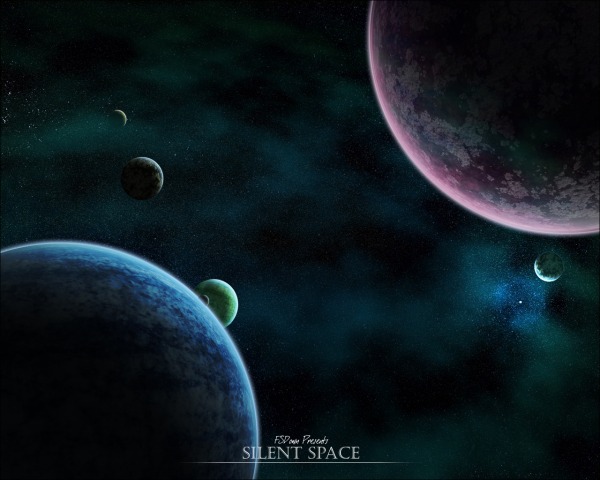 Space...the silent frontier - Since space is a vacuum, there is no atmosphere for sound to travel through therefore in the abyss of space, silence is golden.
Space...the silent frontier - Since space is a vacuum, there is no atmosphere for sound to travel through therefore in the abyss of space, silence is golden. -
2.
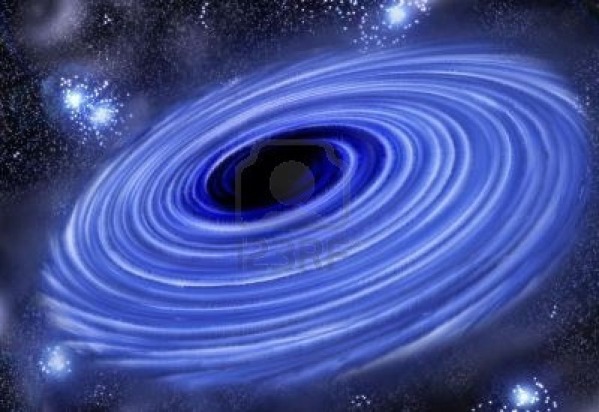 A feather near a black hole would weight several billion tons! - An object's weight is determined by its mass and the degree of gravity affecting the mass. Since the force of gravity near a black hole is so incredibly strong, any object would weigh several billion tons.
A feather near a black hole would weight several billion tons! - An object's weight is determined by its mass and the degree of gravity affecting the mass. Since the force of gravity near a black hole is so incredibly strong, any object would weigh several billion tons. -
3.
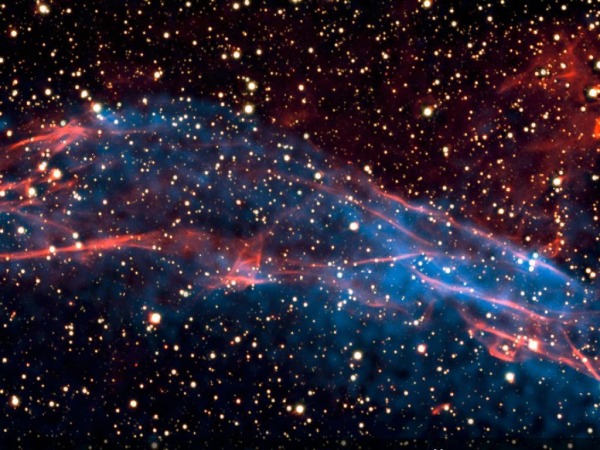 Many of the stars we see today in the night sky have since died - Because light takes so long to travel, when we stare at the night sky, we are seeing a snapshot of what space looked like when the light left those sources.
Many of the stars we see today in the night sky have since died - Because light takes so long to travel, when we stare at the night sky, we are seeing a snapshot of what space looked like when the light left those sources. -
4.
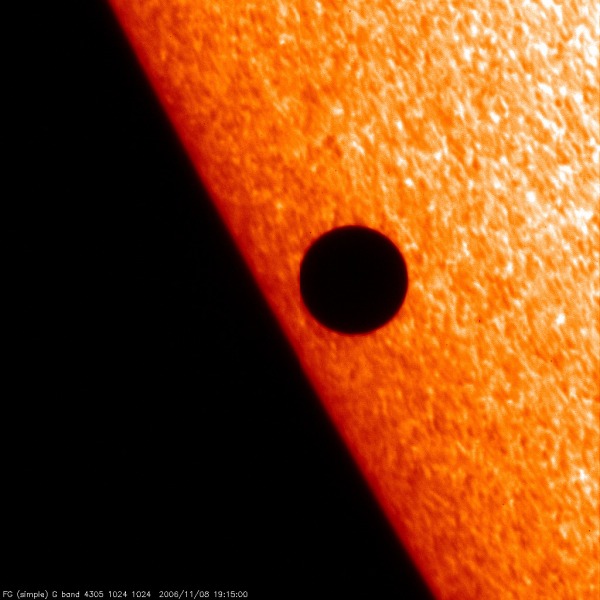 A Mercury Day is almost two months on Earth - It takes 59 days for Mercury to do a complete rotation yet a year--the amount of time it takes for Mercury to rotate the sun-- takes only 88 days because of its close proximity to the sun.
A Mercury Day is almost two months on Earth - It takes 59 days for Mercury to do a complete rotation yet a year--the amount of time it takes for Mercury to rotate the sun-- takes only 88 days because of its close proximity to the sun. -
5.
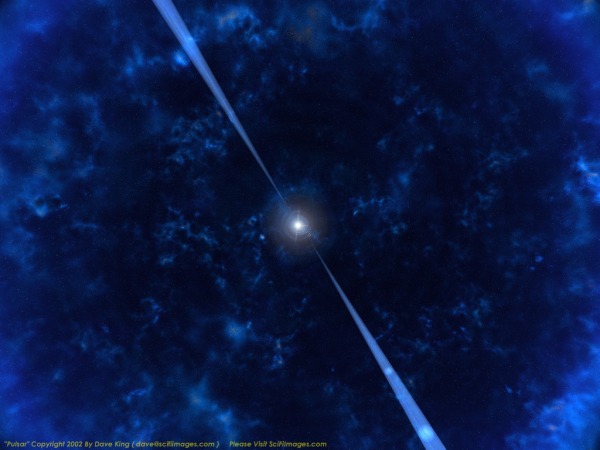 Pea-sized pulsar matter could crush an elephant - A pulsar is a neutron star which emits radiation that is so densely packed, that a teaspoon of its matter weighs approximately 100 tons.
Pea-sized pulsar matter could crush an elephant - A pulsar is a neutron star which emits radiation that is so densely packed, that a teaspoon of its matter weighs approximately 100 tons. -
6.
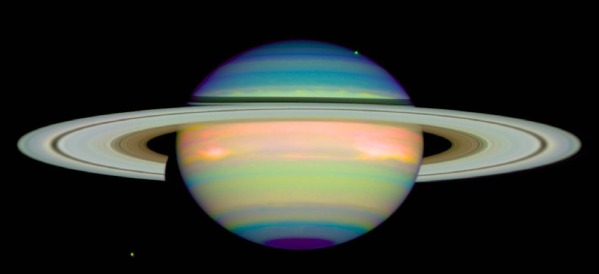 Saturn is so dense that it could float in water - Of the four gas giants in our solar system Jupiter, Saturn, Uranus and Neptune, Saturn is the densest and would actually float in a tank of water large enough to hold it.
Saturn is so dense that it could float in water - Of the four gas giants in our solar system Jupiter, Saturn, Uranus and Neptune, Saturn is the densest and would actually float in a tank of water large enough to hold it. -
7.
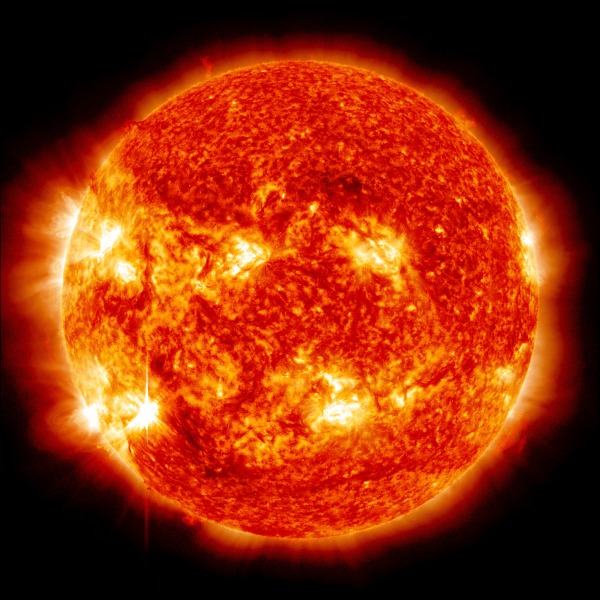 The sunlight you see today is 30,000 years old - While it takes only 8 minutes for the light from the surface of the sun to reach the earth, the sun from the actual core takes a lot longer to reach the surface because of its intense density.
The sunlight you see today is 30,000 years old - While it takes only 8 minutes for the light from the surface of the sun to reach the earth, the sun from the actual core takes a lot longer to reach the surface because of its intense density. -
8.
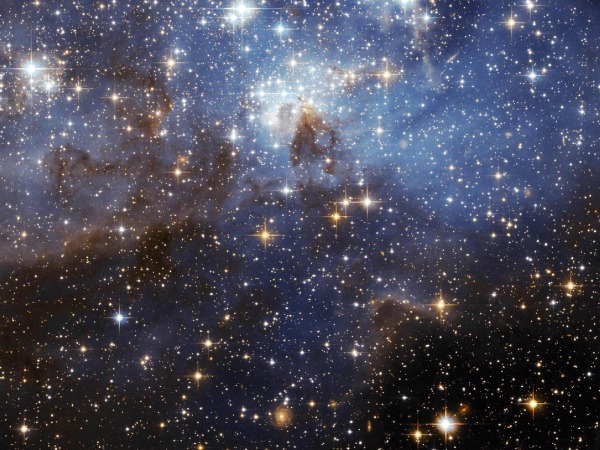 You're approximately two inches taller in space - Because of gravity the human spine compresses on earth whereas in the vacuum of outer space, the spine elongates which adds length to one's height.
You're approximately two inches taller in space - Because of gravity the human spine compresses on earth whereas in the vacuum of outer space, the spine elongates which adds length to one's height. -
9.
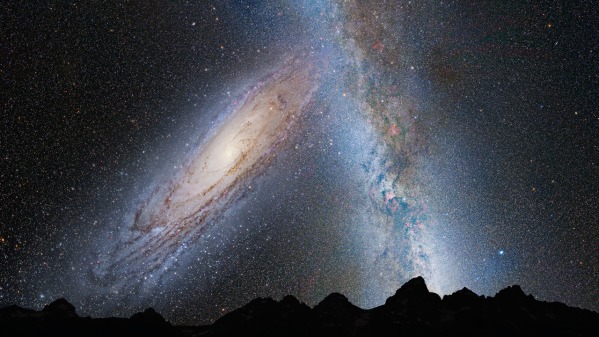 The Milky Way is on a collision course - Astronomers predict that in four billion years, the Milky Way will have collided with Andromeda, its neighboring galaxy. It will look a little something like this...
The Milky Way is on a collision course - Astronomers predict that in four billion years, the Milky Way will have collided with Andromeda, its neighboring galaxy. It will look a little something like this... -
10.
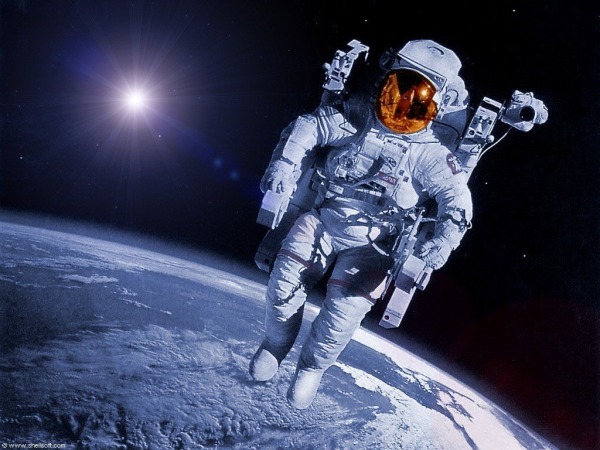 Time Passes More Slowly in Space - So astronauts who return to earth after space travel actually come home younger than they would be had they stayed on earth.
Time Passes More Slowly in Space - So astronauts who return to earth after space travel actually come home younger than they would be had they stayed on earth. -
11.
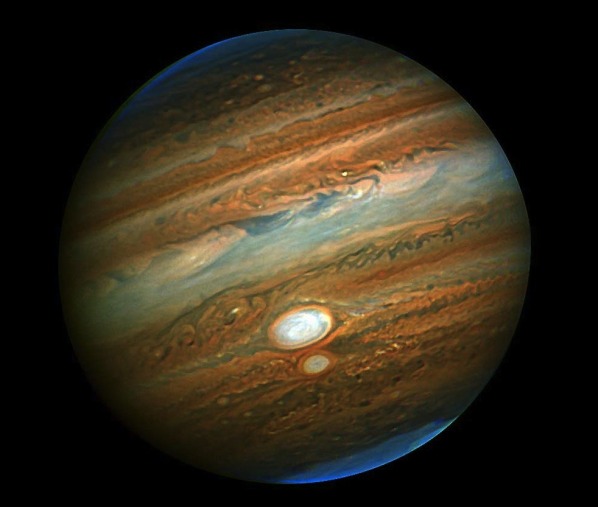 Jupiter's Mass and Gas - Jupiter is so large that all the other planets in the solar system could fit inside of it yet there is no surface to land on as it is comprised mostly of helium and hydrogen.
Jupiter's Mass and Gas - Jupiter is so large that all the other planets in the solar system could fit inside of it yet there is no surface to land on as it is comprised mostly of helium and hydrogen. -
12.
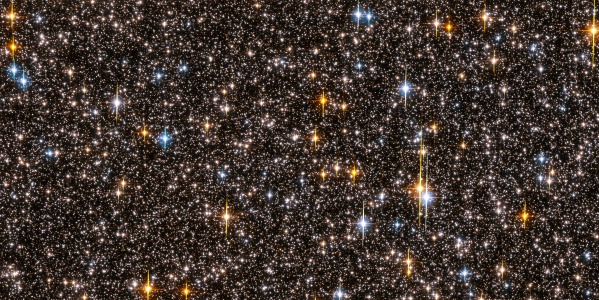 There are more stars in the universe than there are grains of sand on earth - Astronomers currently estimate that there are between 10 sextillion and 1 septillion stars in the Universe.
There are more stars in the universe than there are grains of sand on earth - Astronomers currently estimate that there are between 10 sextillion and 1 septillion stars in the Universe.
Space...the silent frontier - Since space is a vacuum, there is no atmosphere for sound to travel through therefore in the abyss of space, silence is golden.
12/12
1/12






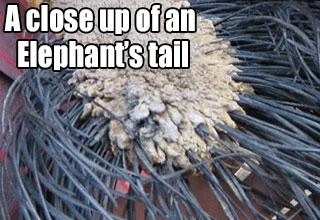
11 Comments